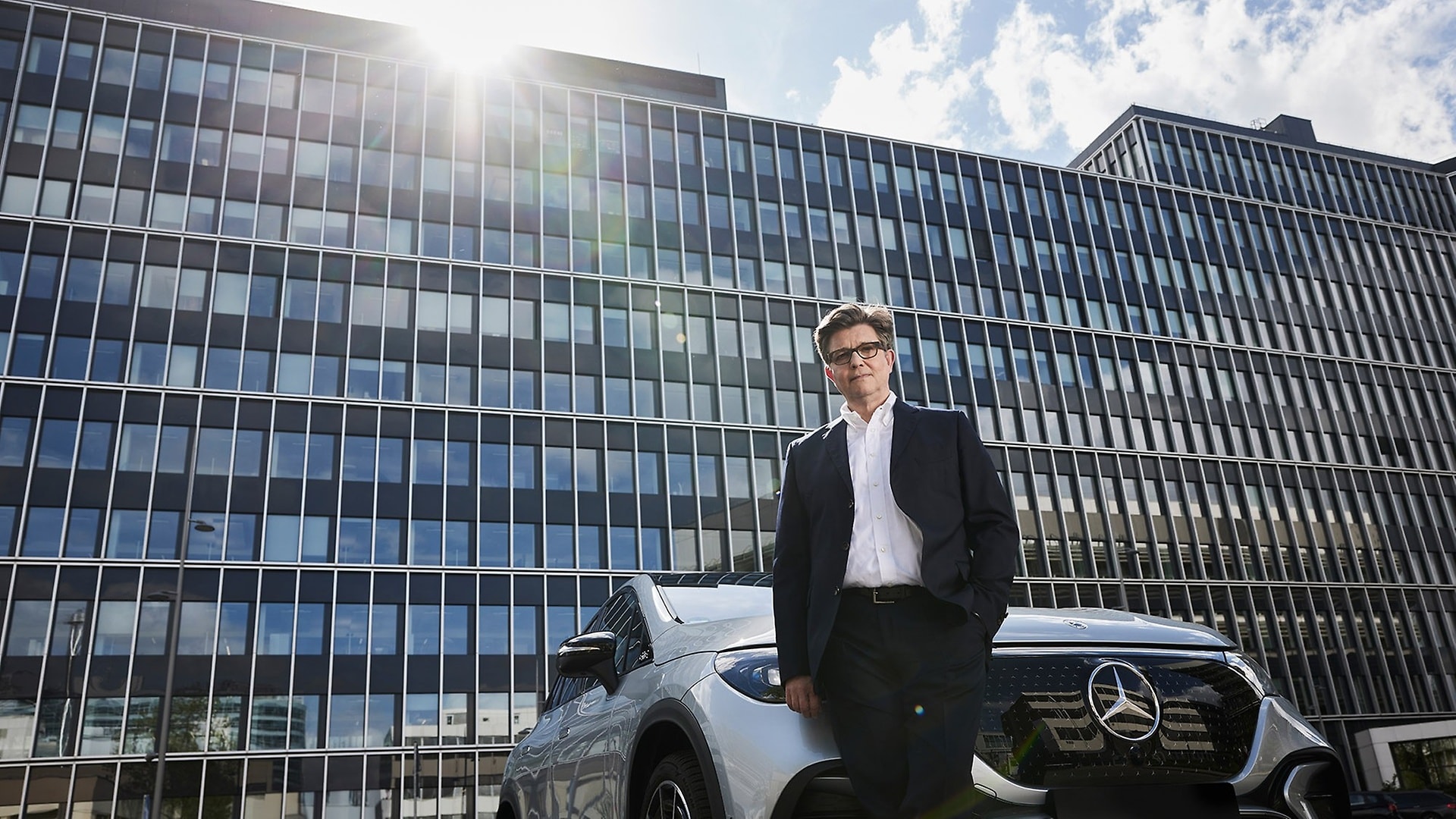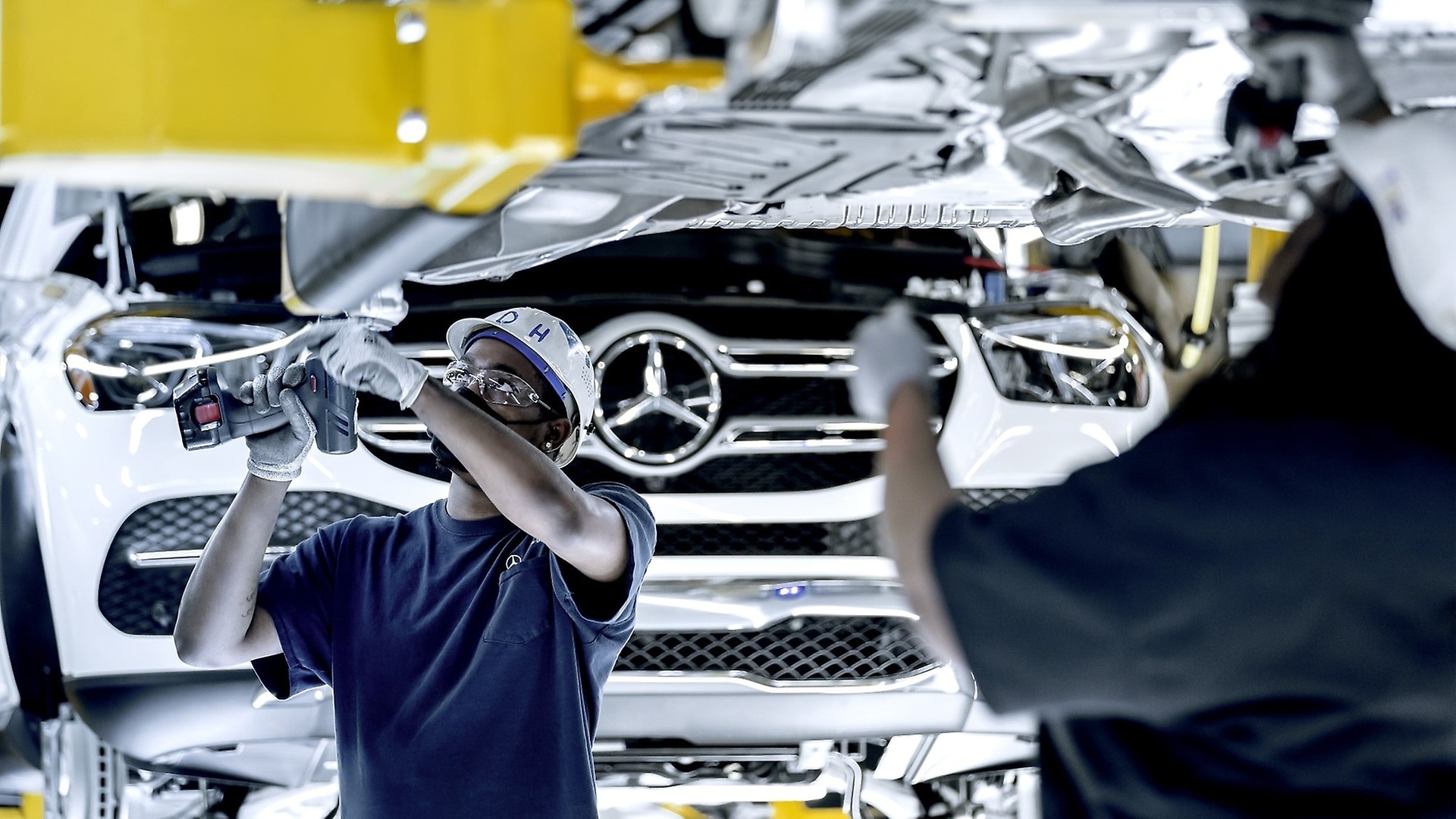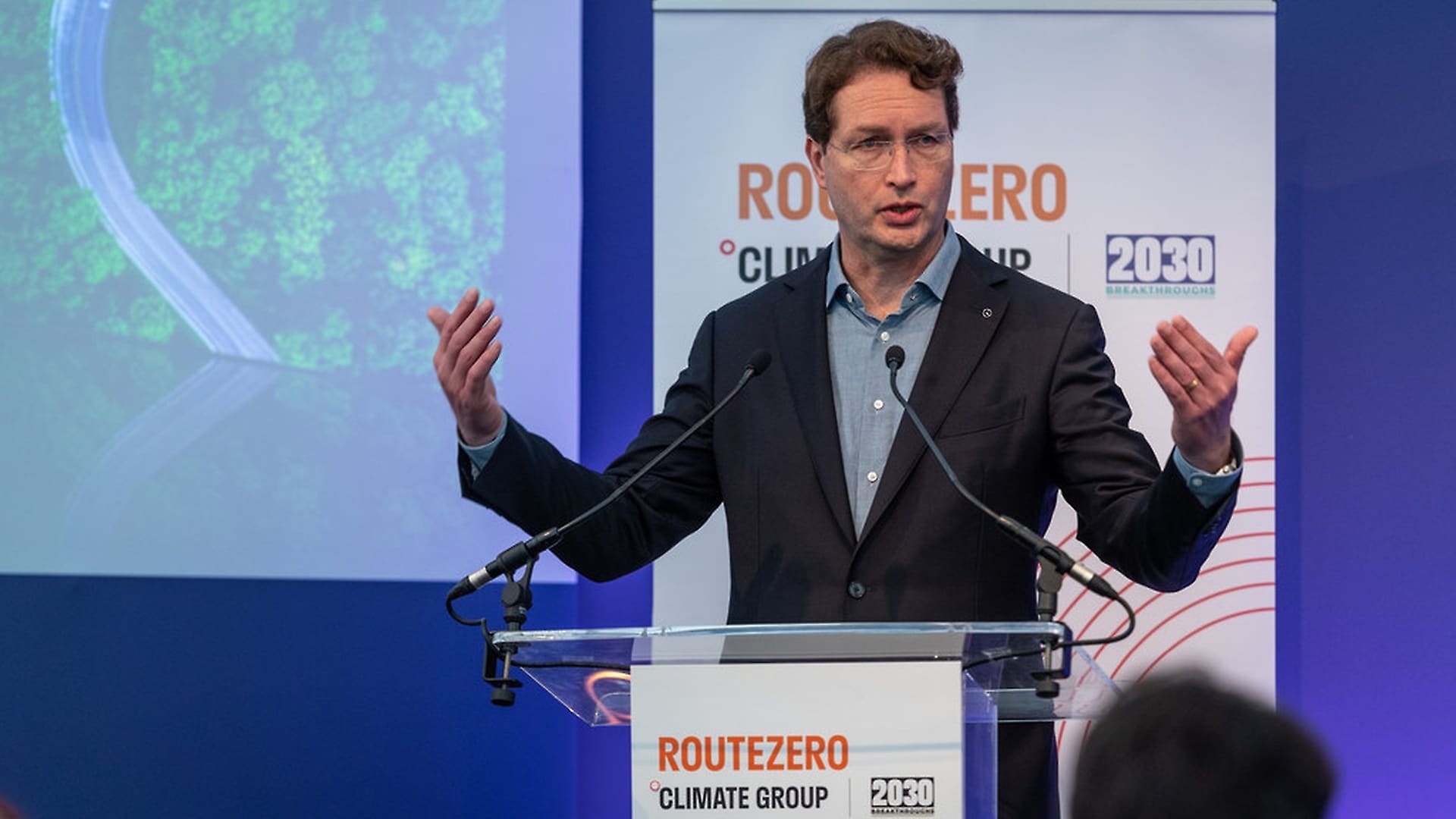Protecting the climate is one of the existential challenges of our time. We at Mercedes-Benz are advancing the transformation to an emission-free and software-driven future. The more ambitious the targets set by politics become, the less they can be achieved by the automotive industry and its companies alone. The right political framework conditions are essential. This requires a dialogue between politics, business, and society - and this is precisely where the work of External Affairs comes in.
,xPosition=0,yPosition=0.5)
How to be a responsible advocate for corporate interests




,xPosition=0.5,yPosition=0)